Sue Sutherland-Hanson
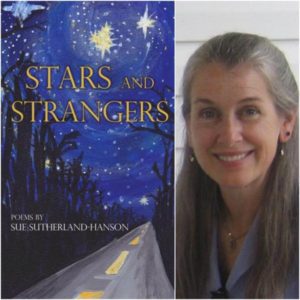 Because it is National Poetry Month and I have a goal of writing a poem a day, I’m also reading a lot of poetry.
Because it is National Poetry Month and I have a goal of writing a poem a day, I’m also reading a lot of poetry.
This morning I read Stars and Strangers, poems by Sue Sutherland-Hanson. (Finishing Line Press, Georgetown, Kentucky, 2016, 27 pages, $14.99 paper, www.finishinglinepress.com).
Sutherland-Hanson was a northwest native and taught at Edmonds Community College. Her poems play familiar chords: Pentecostal churches and clamming shovels, Napa Auto Parts and camping fires. But they range into a global territory, too, encompassing struggles that might be drawn from the headlines, or from the stories of her international students.
If you took seriously my prompt yesterday to write a bird poem, Sutherland-Hanson could inspire you with “Of a Feather,” where each stanza describes a different bird, and each reminds us that humans are not our only kin on this planet:
A great blue heron tilts his head,
slow-motion fishes my pond.
I have never done anything
with that much
patience.
Sue Sutherland-Hanson was my age, and she died, too young, in 2018, the same year I lost my mother. Little wonder that this sonnet especially resonates with me:
Keeping Vigil
She sits silent, back bent against her season of dying,
unrelenting, leans against her hardest winter yet,
weakens in the wear of each day, shuffles expectant
’round time’s bend, surprised not to find death yet.It’s hard to see her wait — hard this letting go, more
letting go. But, were she stronger and we found her
gone, wouldn’t we wail, it’s too soon for dying; she was
so alive? This way we pace life’s fence-line with her,wonder about our own deaths. Will we weaken
while loved ones worry, perish in smashing cars
or gulp freezing seas replacing air? Will we drop
mid-sentence or crawl wheezing into the beyond?Even though we watch her stare into the clear expanse,
we’ll gasp, shocked she found the opening and left.

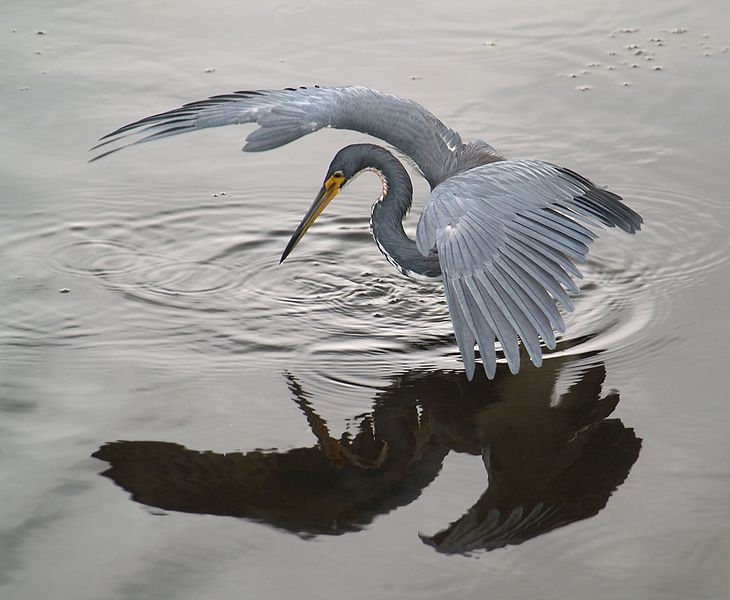

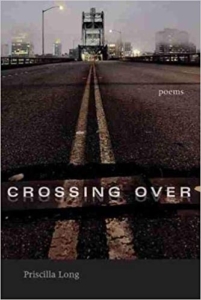 I have been singing the praises of
I have been singing the praises of 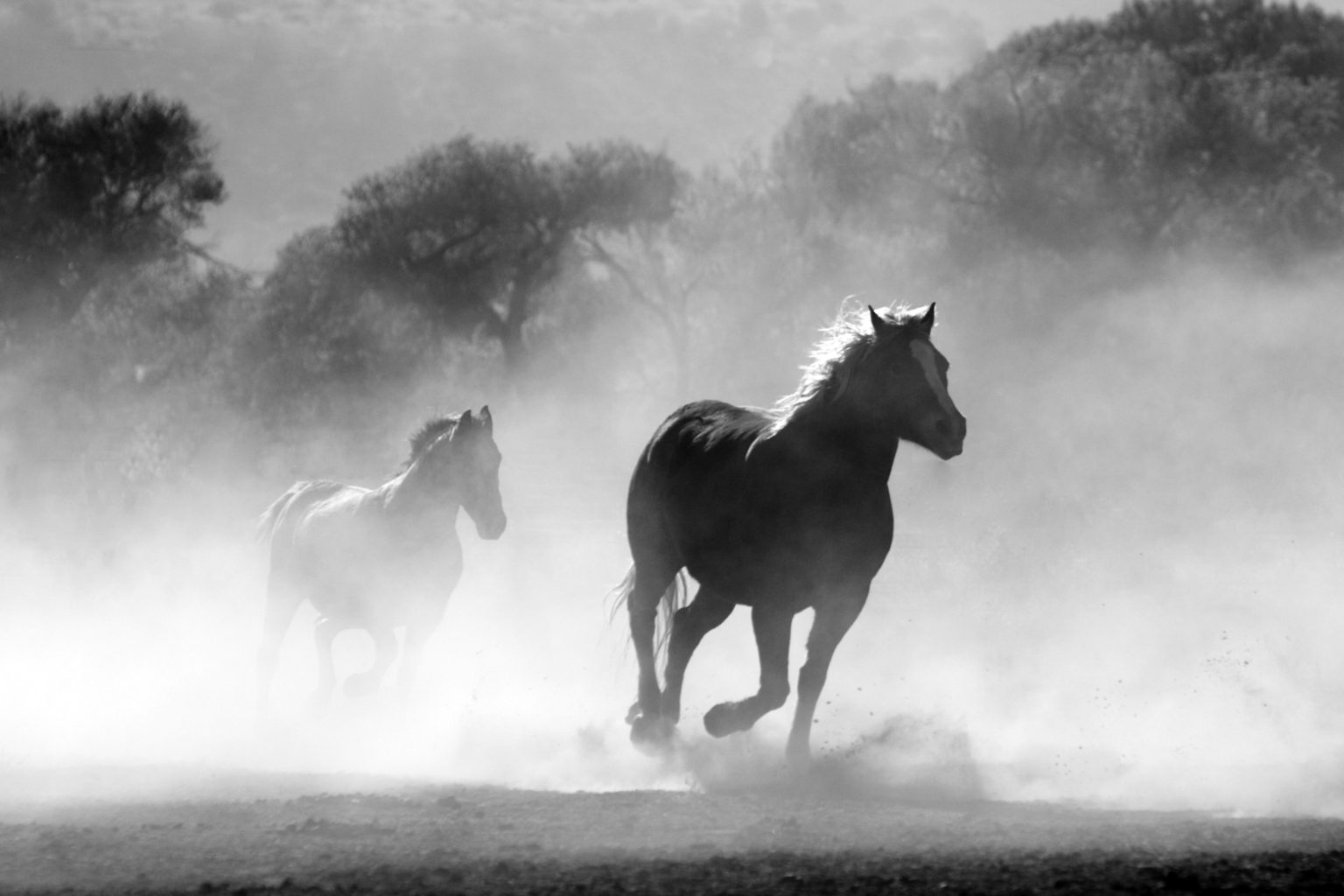
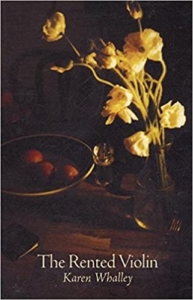 So many poets, so little time. I barely dented my book collection, and left out so many other favorites. Next year, thirty more?
So many poets, so little time. I barely dented my book collection, and left out so many other favorites. Next year, thirty more?